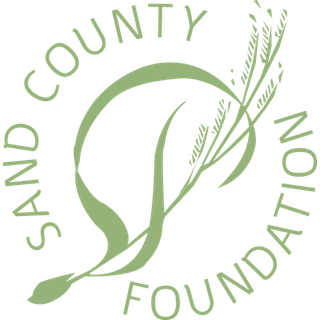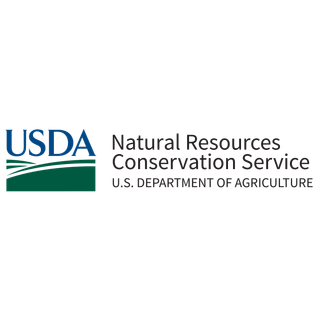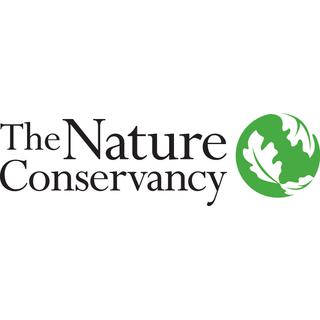Brubaker Farms
Brubaker Farms is a showcase for agricultural conservation amid more than a half million residents in Lancaster County.
With residential developments bordering its 1,800 acres, Brubaker Farms is where the rural-urban interface occurs. Its neatly manicured farmstead is home to 1,300 dairy cows and 52,000 broiler chickens. Despite its size, the farm’s public outreach and neighborly farming practices are a selling point when nearby homes are on the market.
Choosing conservation projects with dual economic and environmental benefits has defined the Brubaker’s philosophy on land stewardship and growth.
Luke Brubaker and his sons, Mike and Tony, were early adopters of soil health and nutrient management practices, and energy-producing technologies. Their land ethic has been passed on to Josh Brubaker, who recently became the fourth generation with a stake in the farm’s ownership.
Much of the farm is in a wellhead protection area, which means its soil filters rainwater that eventually provides drinking water from their neighbors’ wells. To protect water quality, the Brubakers plant cover crops each year and practice no-till farming. With credits earned for their innovative cropping practices, Brubaker Farms was among Pennsylvania’s first farms to trade nutrient credits with local wastewater treatment plants.
With assistance from the federal Conservation Reserve Enhancement Program (CREP) they fenced cattle away from streams and planted trees in 15 acres of riparian buffers. As a result, deer, turtles and waterfowl are thriving, and a stream running through the farm is a highly productive fly fishing-only zone designated for trout.
As the Brubakers grew their dairy herd, they improved their ability to store, handle and apply manure in ways that help minimize its environmental impact while maximizing its economic value as fertilizer. Their anerobic manure digester kills pathogens and collects methane from the manure. Manure is then pumped through a separator which presses out the solids from the liquids, creating a sanitary bedding product for cattle. Neighbors appreciate that the fertilizer produces less odor.
When the Brubakers began milking cows at a secondary location they installed a buried pipeline to transport manure to the main dairy where the digester was located.
The Brubakers ‘dragline apply’ manure on 500 acres. This prevents soil compaction from large manure spreading equipment, and it keeps heavy, noisy equipment off of local roads.
Brubaker Farms built a methane digester in 2007 to convert manure into electricity. It produces enough energy for the farm and 325 homes, while improving air quality by capturing and destroying greenhouse gases. Excess heat created by the digester is recycled to heat farm buildings and pasteurize milk fed to calves.
Energy generated from solar panels on barn roofs at Brubaker Farms is used to heat water and produces electricity for 150 homes.
Most water is used for more than one purpose on the farm. Water to chill milk tanks is later used as drinking water for cattle. Water used to rinse out the milking parlor’s pipes is later used to clean its floors, before being irrigated onto crops.
As a frequent site for tours on conservation, sustainability, animal welfare and modern farming practices, Pennsylvania’s newest Leopold Conservation Award recipient shows the synergy between profit, people, production agriculture and the planet.







